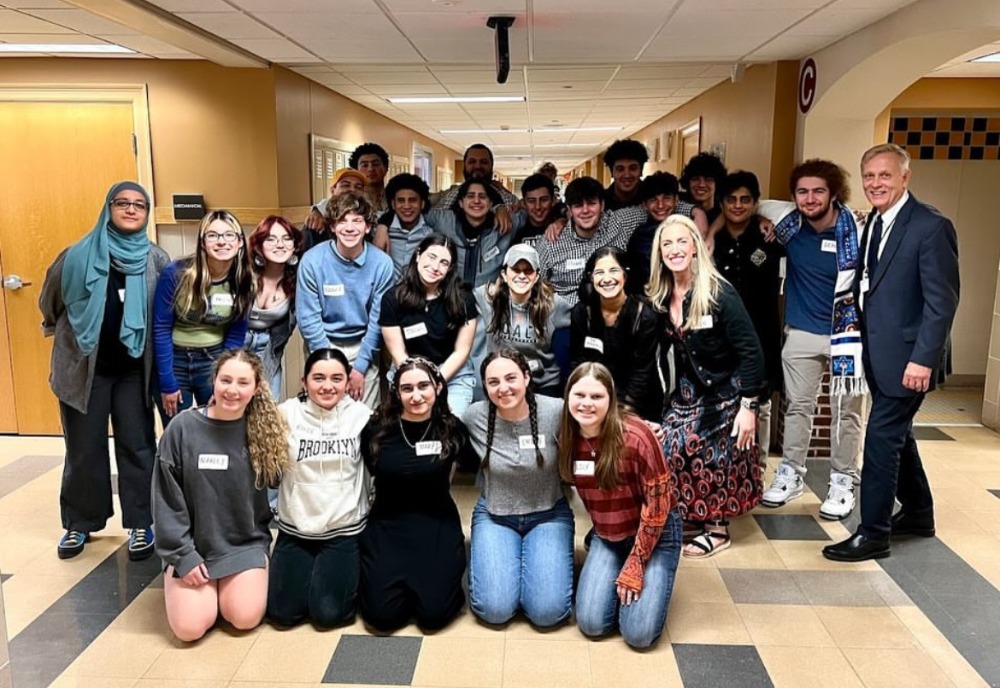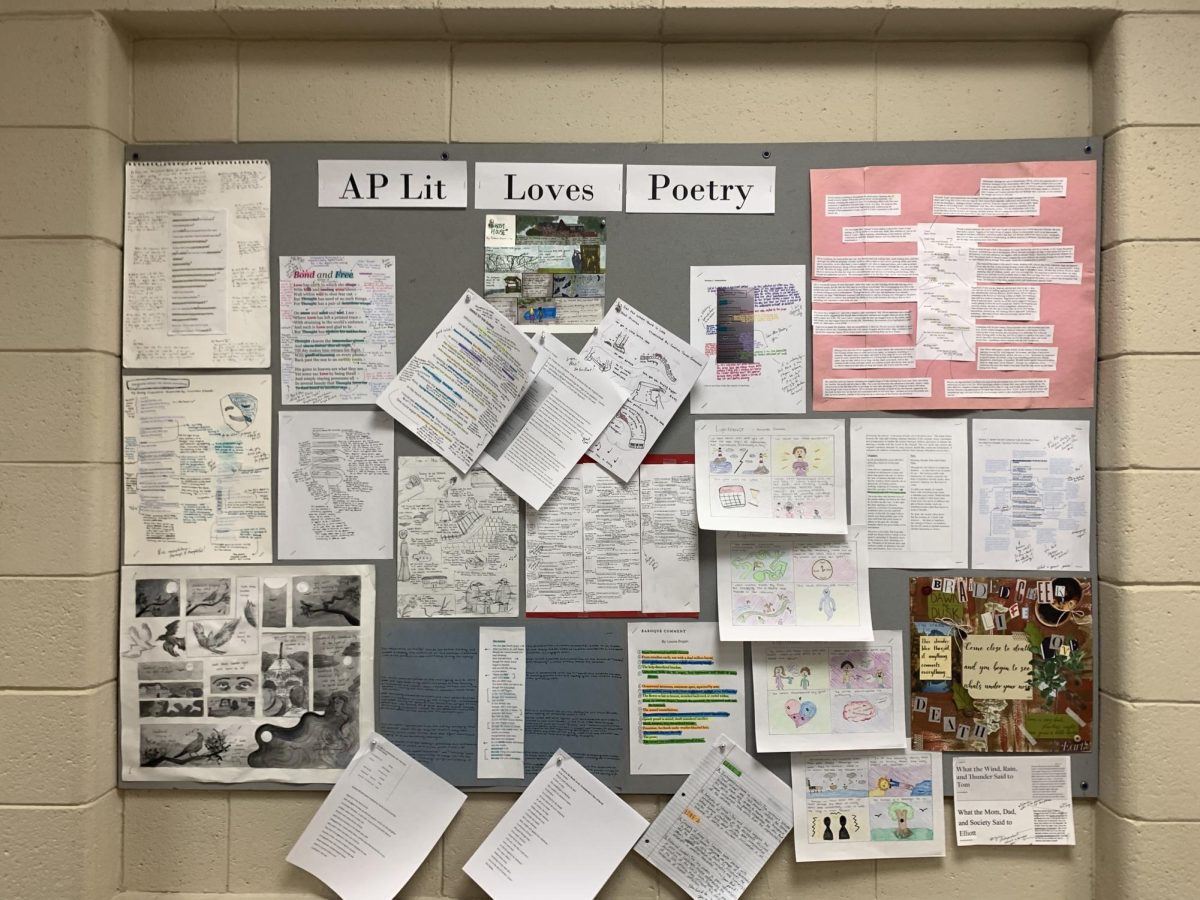Amid the ongoing crisis in Gaza, tensions among students of all backgrounds on campuses are at their highest point in years. The controversies have seen a rise recently, with protest encampments taking root at institutions around the country.
Several weeks ago, the tensions culminated as pro-Israel and pro-Palestine demonstrators finally came to blows during an hourslong melee at the University of California, Los Angeles. The recent uptick in hostility has led students and faculty members at schools of all levels to call for a change to be made.
Some local high school students have been trying to play their part. At Central Bucks West, members of the Jewish Student Union and the Muslim Student Association have been meeting regularly for several months to promote tolerance in this trying time.
“It shows everyone that we have a goal of working together,” said tenth grader Ethan Cohen, one of the Jewish Student Union’s three presidents. “Even if we may not see eye to eye on everything, we’re still able to be friendly with each other and collaborate.”
The meetings, which started in March, were not a response to internal issues at West, but rather external disputes, according to twelfth grader and Muslim Student Association co-president Rukhshona Suponkulova.
“After facing so many backlashes from adults who don’t even have kids who go to this school district, the MSA and JSU teacher supervisors thought it would be a great thing to have an event where people can see that there is no bad blood between the two clubs,” Suponkulova said, adding that external critics were creating an issue where one didn’t exist as a way to criticize the clubs.
She added that there was no reason the two clubs couldn’t coexist, and that the Muslim Student Association and Jewish Student Union are simply “two high school clubs that are trying to make a safe place for students who follow Islam and Judaism.”
The meetings began as a way for the clubs to express their feelings and help each other cope with the crisis in the Middle East, a part of the process of figuring out “what each club can do to make the other people feel more comfortable,” Suponkulova explained.
The gatherings have progressively become more project-oriented, now that the groups better understand each other’s feelings. They have been centered around the organization of more public “interfaith” events, the most recent of which occurred May 3.
“Anyone from MSA and anyone from the JSU can come,” Cohen explained of the May 3 event. “It’s a big meeting where we learn about each other’s cultures and come together.”
Despite the initial outside conflict that served as the impetus for the interfaith meetings, the presidents of both clubs agree that they have received nothing but support from within Central Bucks School District.
Acting Superintendent Dr. Jim Scanlon had high praise for the collaboration between the Muslim Student Association and the Jewish Student Union in a written statement: “They demonstrate the power of student voice and the importance of compassionately working to understand different perspectives. Their work is admirable, and truly an example to be emulated.”
The meetings, however, have not been completely without challenges. While those within the school district have been supportive, the clubs have experienced backlash from external critics, who, according to Suponkulova, “are trying to ruin something beautiful.”
Cohen had strong words for the critics. “If there are people that don’t like that we’re doing this or people that think we shouldn’t be collaborating, we’re going to do it anyway. It’s not like people who don’t like it are going to affect whether or not we do it,” he said.
Although Suponkulova will be graduating this year, Cohen—who is a sophomore—added that he “one hundred percent” would like to continue holding meetings between the Jewish Student Union and the Muslim Student Association for his remaining years at CB West.
Both presidents agreed that the meetings have been a positive learning experience for all parties involved. Suponkulova remarked that she learned a lot about the similarities between Islam and Judaism, while Cohen noted that students of both clubs have become more open-minded since the onset of the collaboration.
“People aren’t as quick to shoot someone down when they might bring up something about their culture, something that they believe,” he said.
Suponkulova added that the meetings show that “no matter what problems go on in the world, we are all human, we bleed the same, so obviously these meetings are important to show people we can come together even when people are trying to tear people apart.”
In such a difficult time, Suponkulova has shared what she wants to community to know: “We have worked hard to make a relationship between JSU and MSA that will last a lifetime, that interfaith is a good thing, [and that] understanding people is a good thing.”



